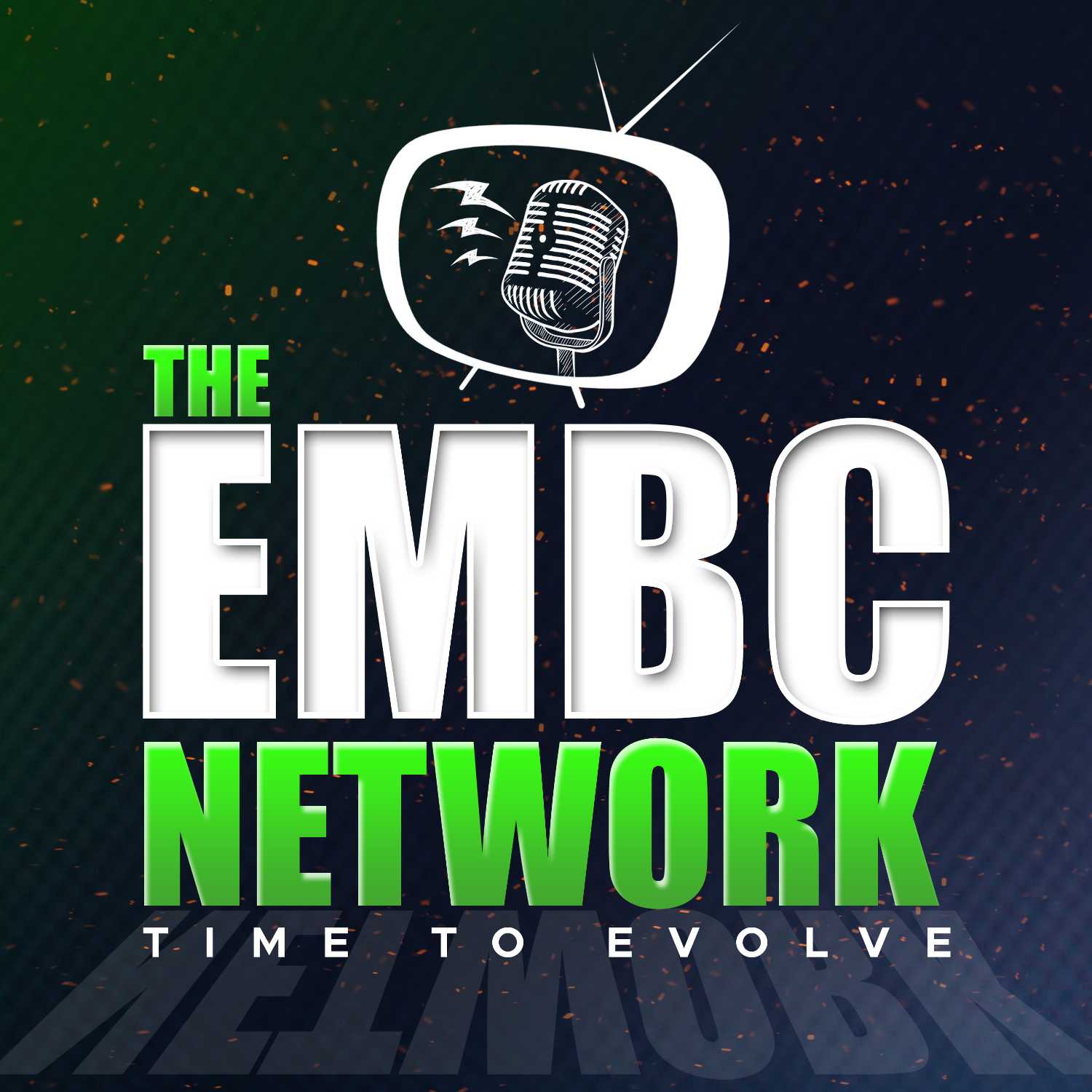The IBCLC Mentor: The Research Recap: 16
Description
In this episode of The IBCLC Mentor Podcast, Margaret Salty dives into the latest research articles from her Google Scholar alerts, exploring how recent findings can enhance the practice of IBCLCs. Margaret breaks down complex research into actionable strategies for lactation consultants, focusing on how these insights can improve breastfeeding outcomes. Whether you're a seasoned IBCLC or just starting your journey, these episodes will keep you at the forefront of evidence-based lactation care.
Key Points Covered:
Donor Human Milk Fat Content and Maternal BMI
Margaret reviews this study by de Castro et al. (2024), which examines the association between maternal body mass index (BMI) and the fat content of donor human milk. The findings shed light on the variability of milk composition and its implications for neonatal nutrition.
Reference:
de Castro, L. S., Horta, B. L., Paiva, R. F., Rocha, A. C. L., Desai, M., Ross, M. G., & Coca, K. P. (2024). Donor human milk fat content is associated with maternal body mass index. Breastfeeding Medicine, 19(1), 1–7. https://doi.org/10.1089/bfm.2024.0028
Prenatal Antibiotics and Neonatal Immunity
This study by Pietrasanta et al. (2024) explores how prenatal antibiotic exposure reduces breast milk IgA levels and induces dysbiosis in mouse offspring, increasing their susceptibility to bacterial sepsis. Margaret discusses the potential implications for human lactation and neonatal care.
Reference:
Pietrasanta, C., Carlosama, C., Lizier, M., Fornasa, G., Jost, T. R., Carloni, S., ... & Rescigno, M. (2024). Prenatal antibiotics reduce breast milk IgA and induce dysbiosis in mouse offspring, increasing neonatal susceptibility to bacterial sepsis. Cell Host & Microbe, 32(1), 1–17. https://doi.org/10.1016/j.chom.2024.11.001
Determinants of Exclusive Breastfeeding Practices Among First-Time Mothers
Margaret examines this narrative review by Oktarianita & Supriyanto (2024), which highlights the key factors influencing exclusive breastfeeding among first-time mothers. She provides insights into how IBCLCs can address these determinants to support successful breastfeeding initiation and continuation.
Reference:
Oktarianita, R. D. W., & Supriyanto, S. (2024). Exploring the determinants of exclusive breastfeeding practices among first-time mothers: A narrative review. African Journal of Reproductive Health, 28(10s), 239–248. https://doi.org/10.29063/ajrh2024/v28i10s.28
Relaxation Therapy and Breastfeeding Outcomes
This systematic review and meta-analysis by Levene et al. (2024) investigates the impact of relaxation therapy on breastfeeding outcomes, including milk production and infant growth. Margaret explores how IBCLCs can integrate relaxation techniques into practice to benefit breastfeeding families.
Reference:
Levene, I., Mohd Shukri, N. H., O’Brien, F., Quigley, M. A., & Fewtrell, M. (2024). Relaxation therapy and human milk feeding outcomes: A systematic review and meta-analysis. JAMA Pediatrics, 178(6), 567–576. https://doi.org/10.1001/jamapediatrics.2024.0814
Practical Applications for IBCLCs:
- Support Donor Milk Programs: Consider maternal BMI when discussing donor milk options with families.
- Educate About Antibiotic Risks: Address...
Episode: https://margaretsalty.com/2024/01/02/the-research-recap-16/
Podcast: https://margaretsalty.com/




















![Life After Medicine: How To Change Careers, Beat Burnout & Find Your Purpose For Doctors: [✨💖 5 Shifts to Make for a Fulfilling Career Change in 2025] The Simple Solution for Crafting Your Exit Strategy When You're Too Burned Out to Think Life After Medicine: How To Change Careers, Beat Burnout & Find Your Purpose For Doctors: [✨💖 5 Shifts to Make for a Fulfilling Career Change in 2025] The Simple Solution for Crafting Your Exit Strategy When You're Too Burned Out to Think](https://storage.buzzsprout.com/d394ls86fmsqtg08duczh887lbcl?.jpg)



